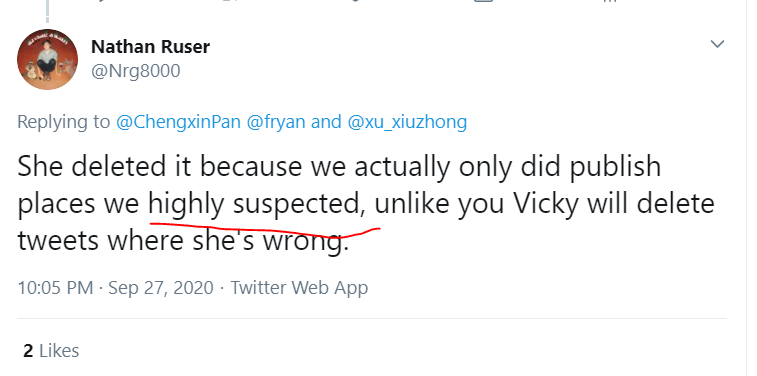
Sometimes I wonder if we've really travelled that far from the blatant anti-Chinese racism of the past in this country. As some Australian scholars pointed out, Chineseness played a central but largely negative role in the formation of Australian identity since Federation.
https://twitter.com/j_laurenceson/status/1316303107396038656
Helen Irving: "while there was doubt about the meaning of citizenship when Australia federated, there was one certainty amidst the doubt and that was that Australian citizens were not going to be Chinese. The Immigration
Restriction Act made this clear.
Restriction Act made this clear.
... The Chinese were thus used to identify the type of citizenship the Australian nation would not embrace…‘The Chinaman’ was the starkest example of what ‘Australian’ was not." Today of course such overt racism and discrimination against Chineseness has waned, but its never
legacy lives on. Consciously or subconsciously, some still regard Chinese-Australians as not sufficiently Australian, or not sufficiently loyal to Australia. There is still a largely unquestioned mental racial hierarchy: one group would automatically take it upon
themselves to serve as the undisputed guardian of Australianness (if no longer Whiteness), and believe that their own suspicion and prejudice is in and of itself adequate until proven otherwise. What @SenatorAbetz demanded is wrong, but he happened to speak out load of a perhaps
more deeply & unreflectively held self-entitled privilege other 'Abetzs' have & continue to take for granted. I think many Chinese Australians on Twitter could relate to what I mean here. That's something that also needs to be confronted, though that's a much harder task.
Until then, Chinese-Australian will continue to live under the shadow of such pervasive though mostly unspoken suspicion (again Twitter may prove to be an exception to 'unspokenness' of that self-righteously suspecting mind).
Determining what constitutes a satisfied 'proven', of course, is a privilege exclusively reserved again for the guardian.
• • •
Missing some Tweet in this thread? You can try to
force a refresh






